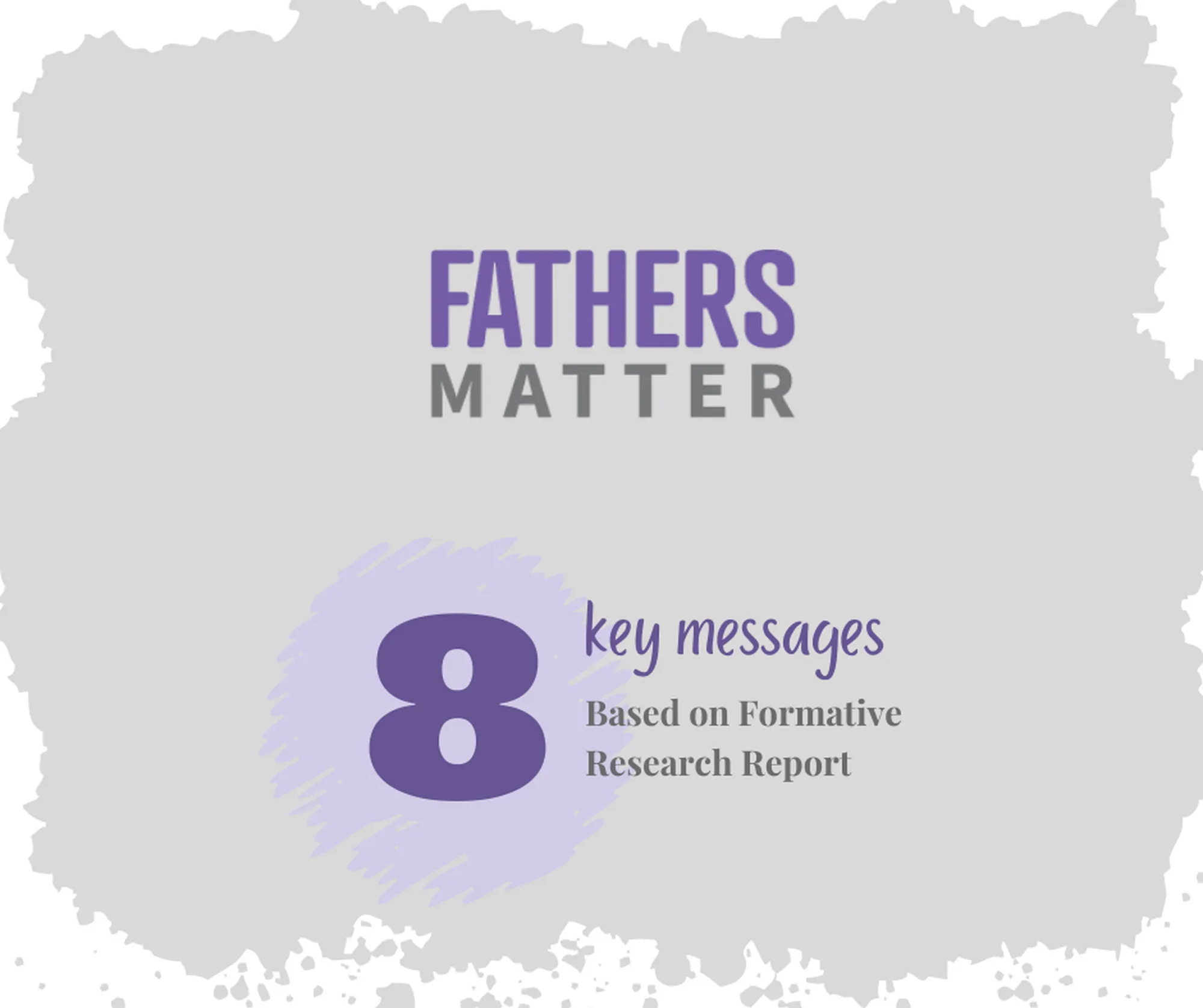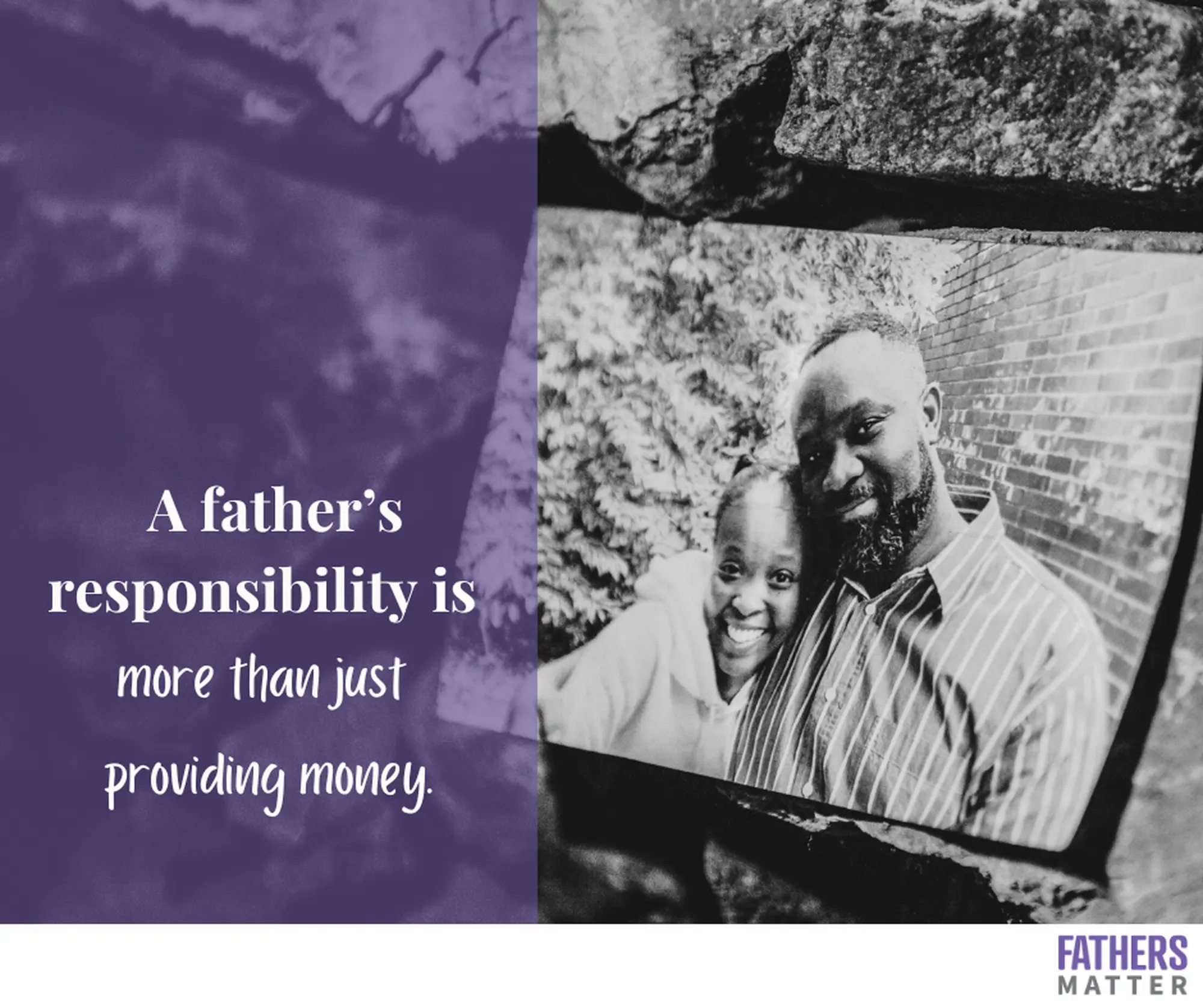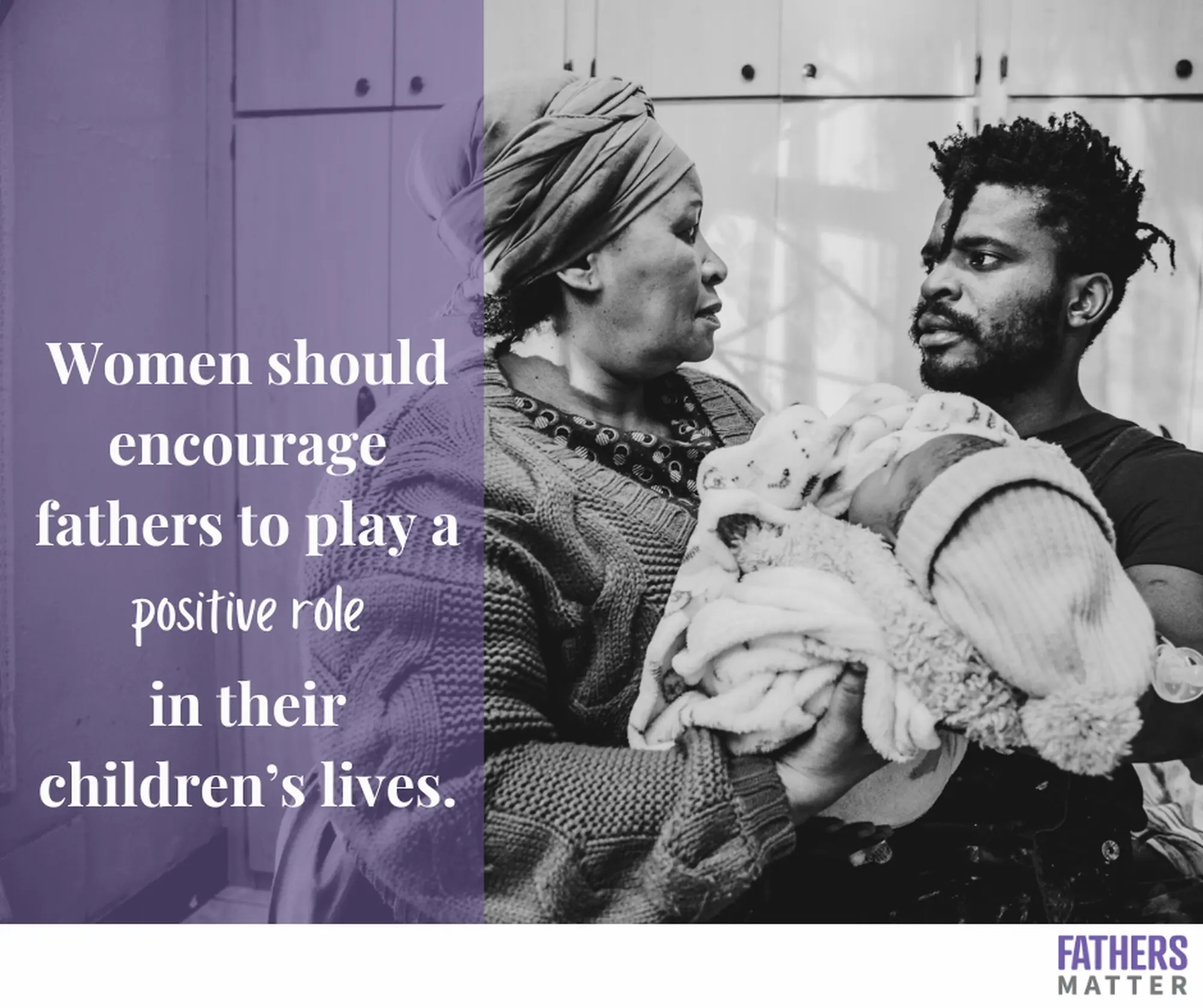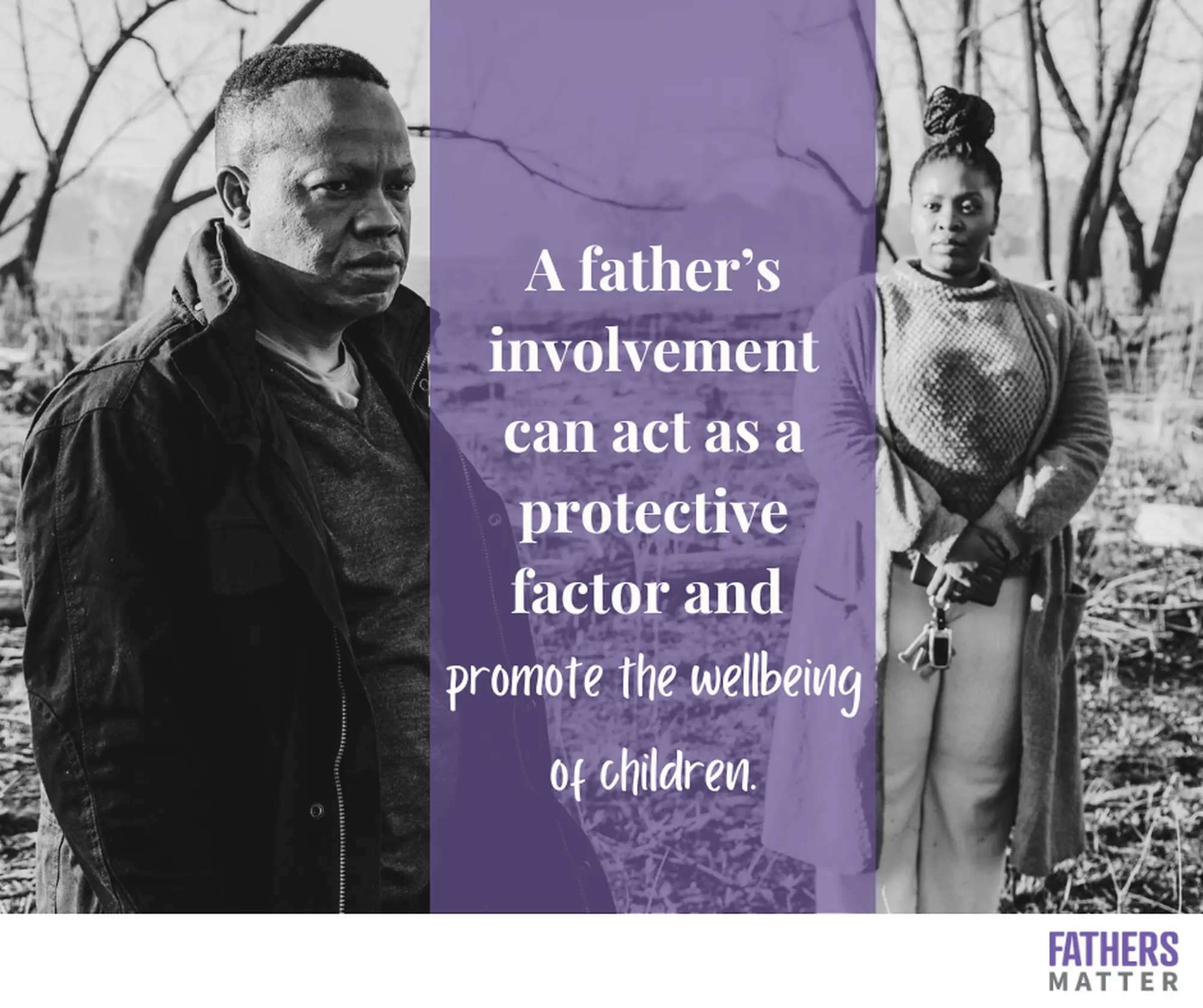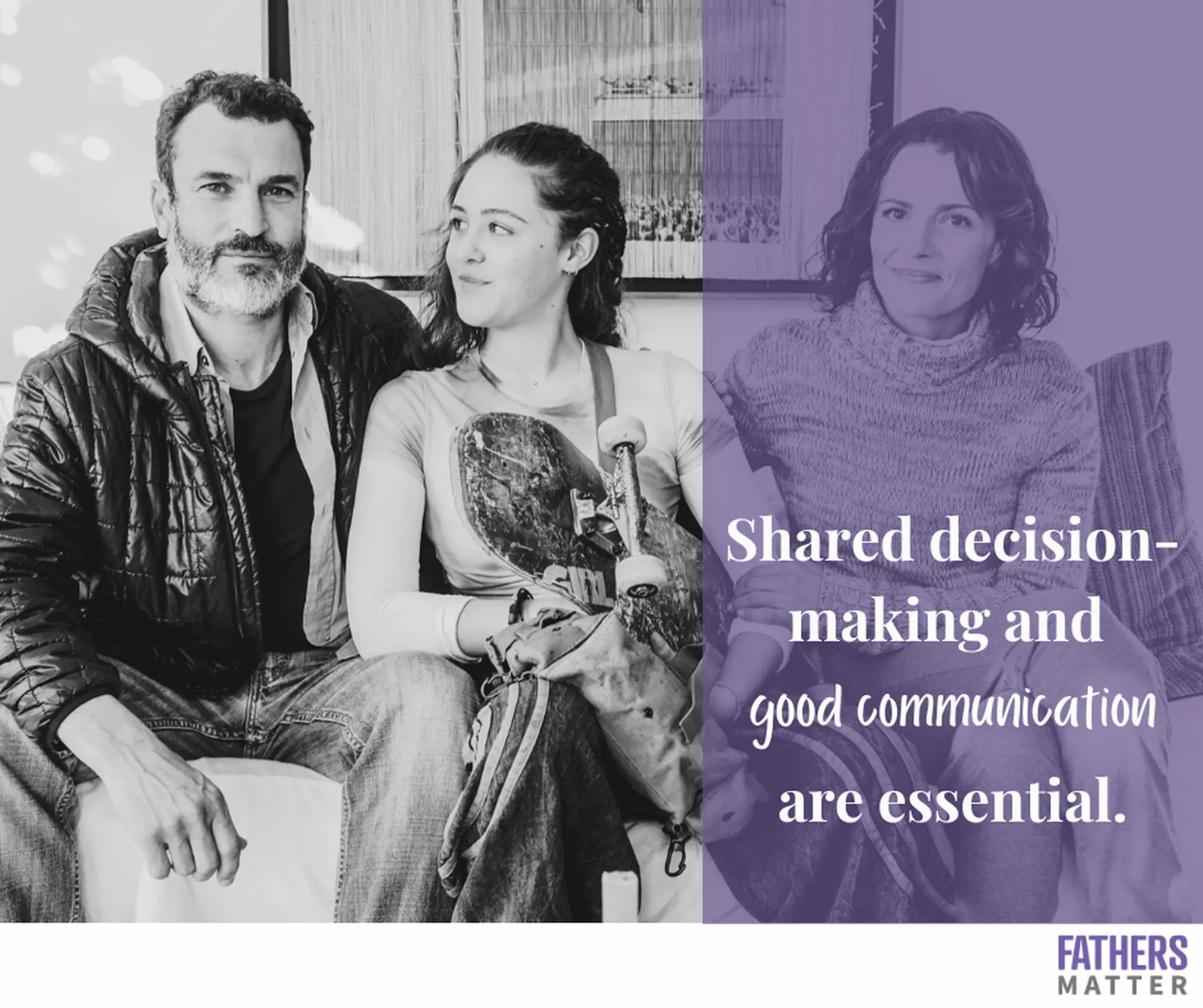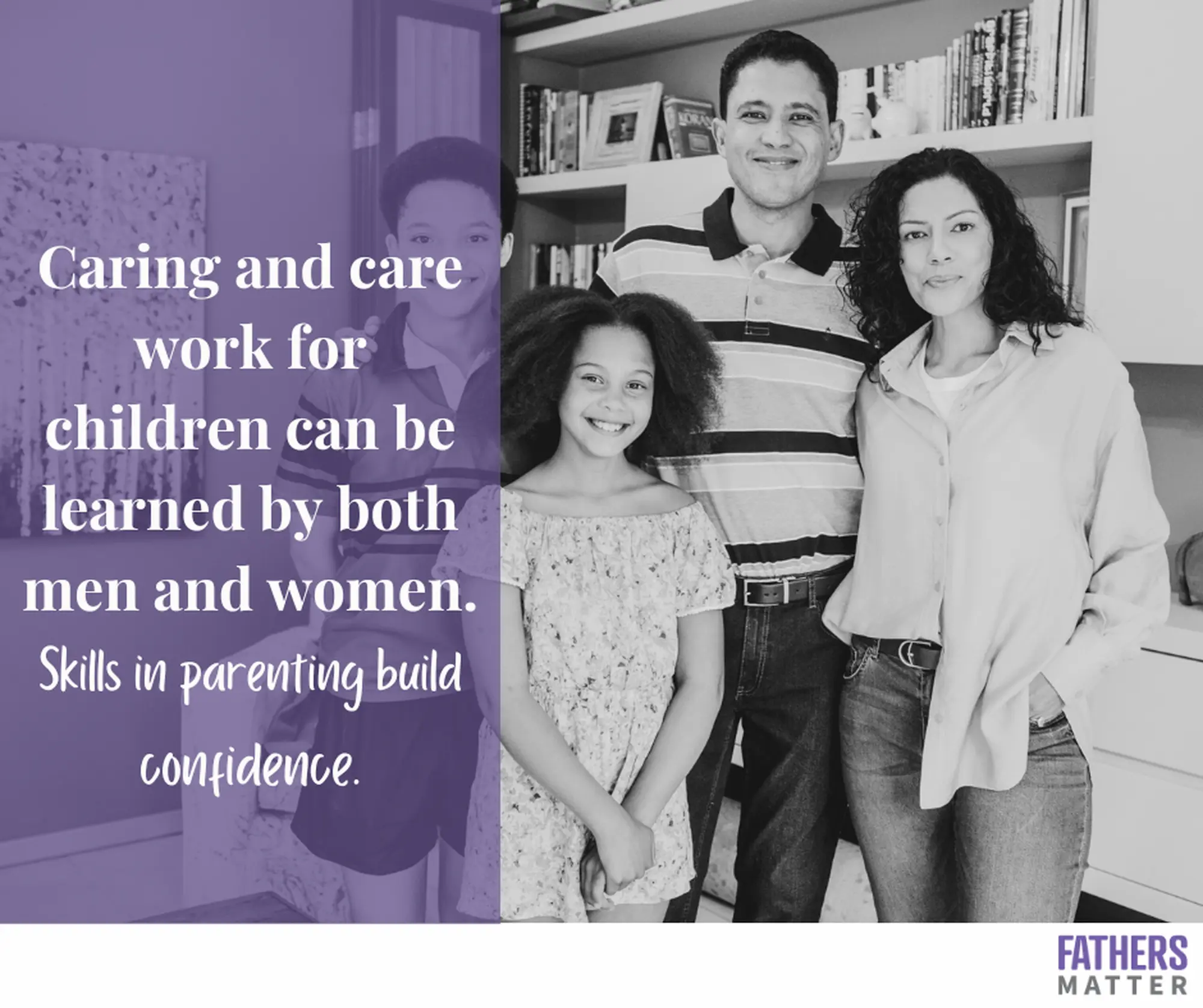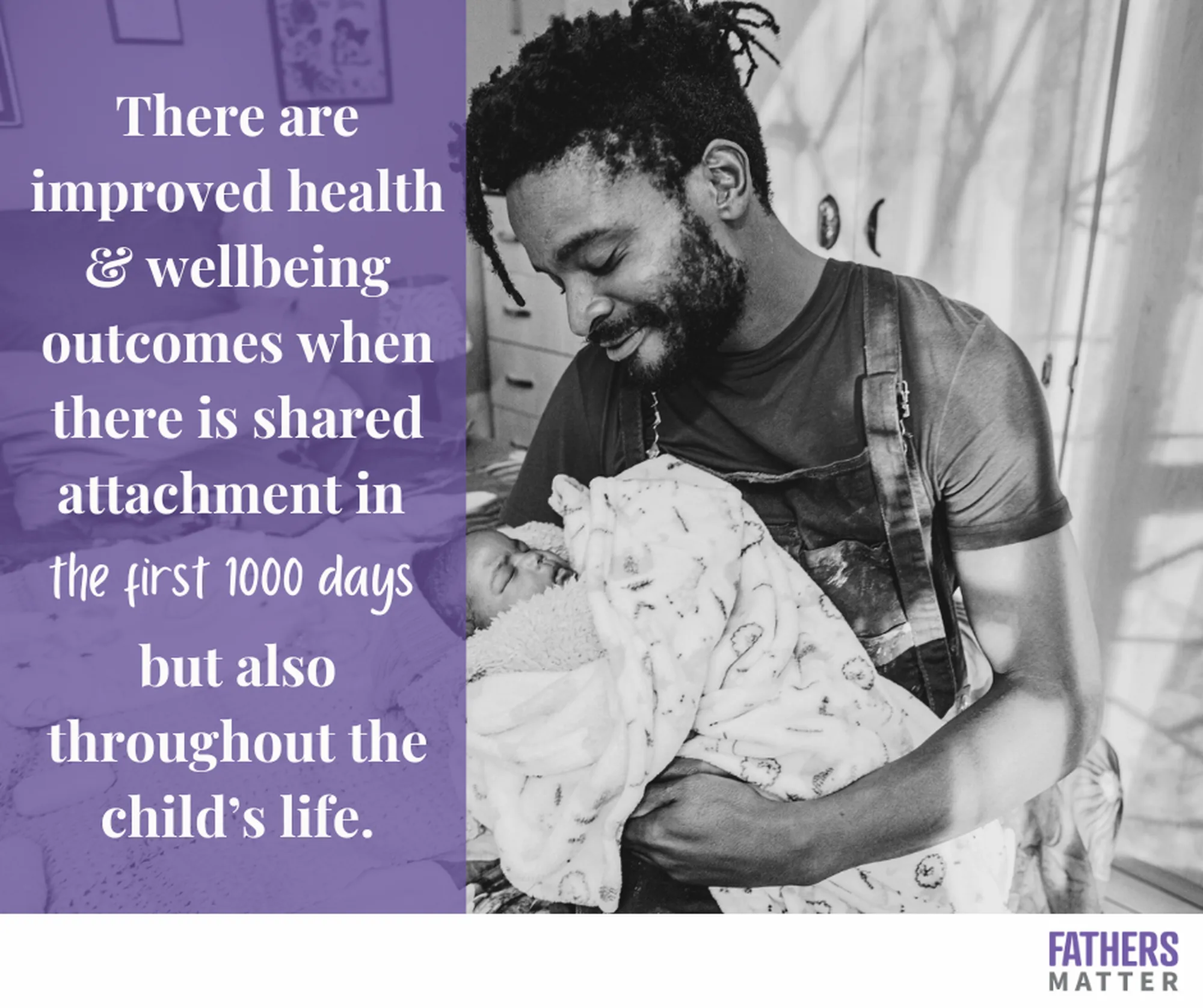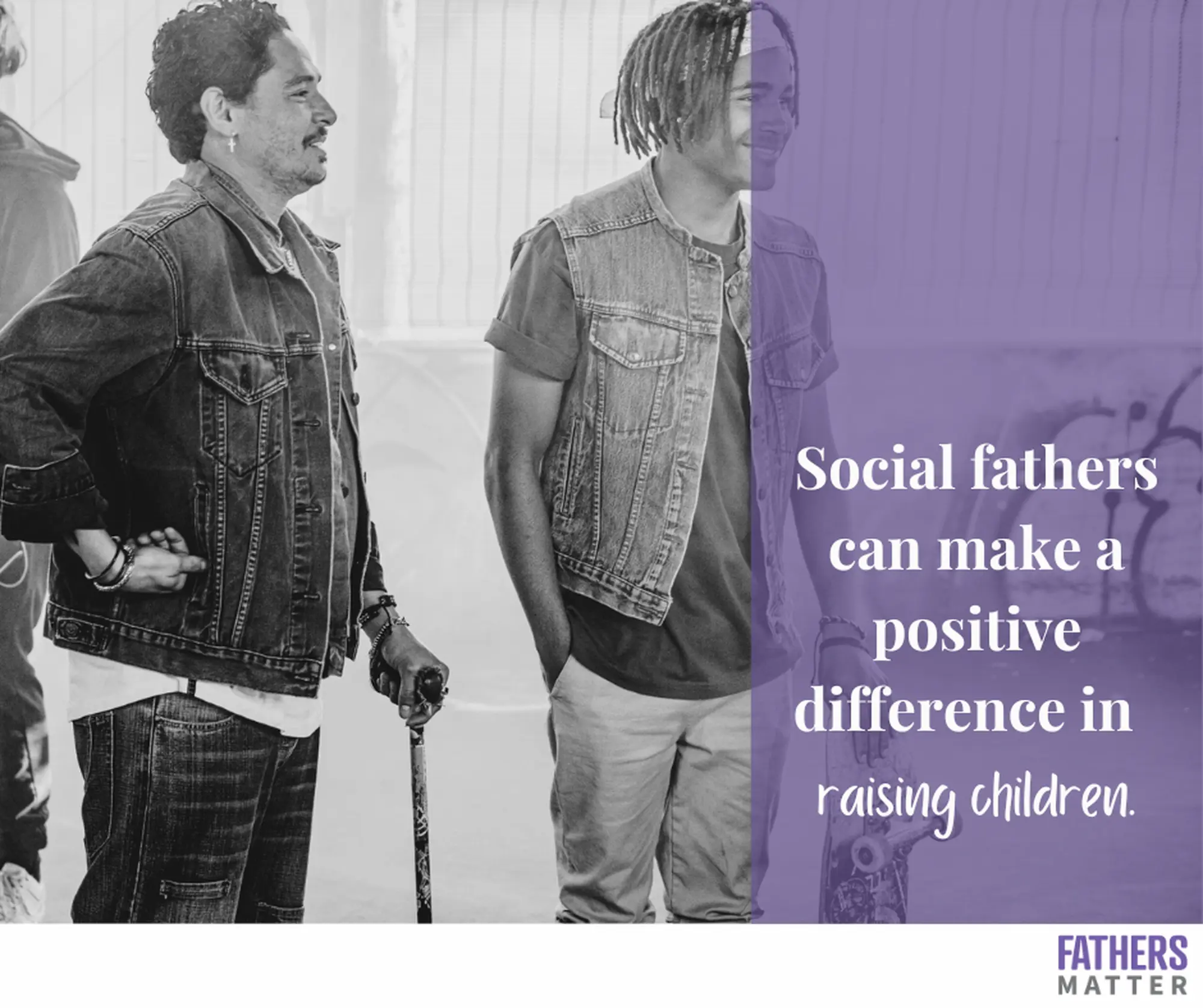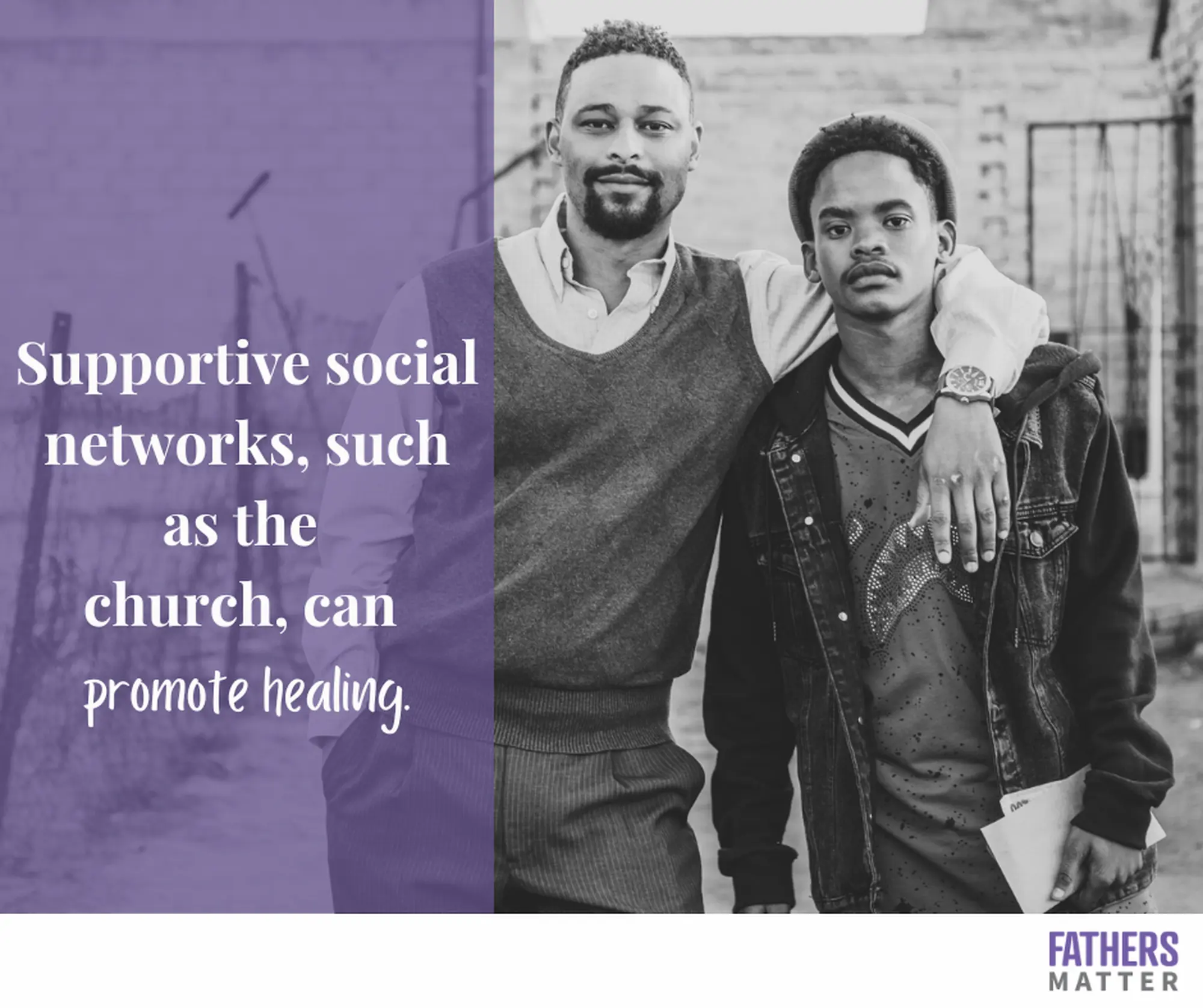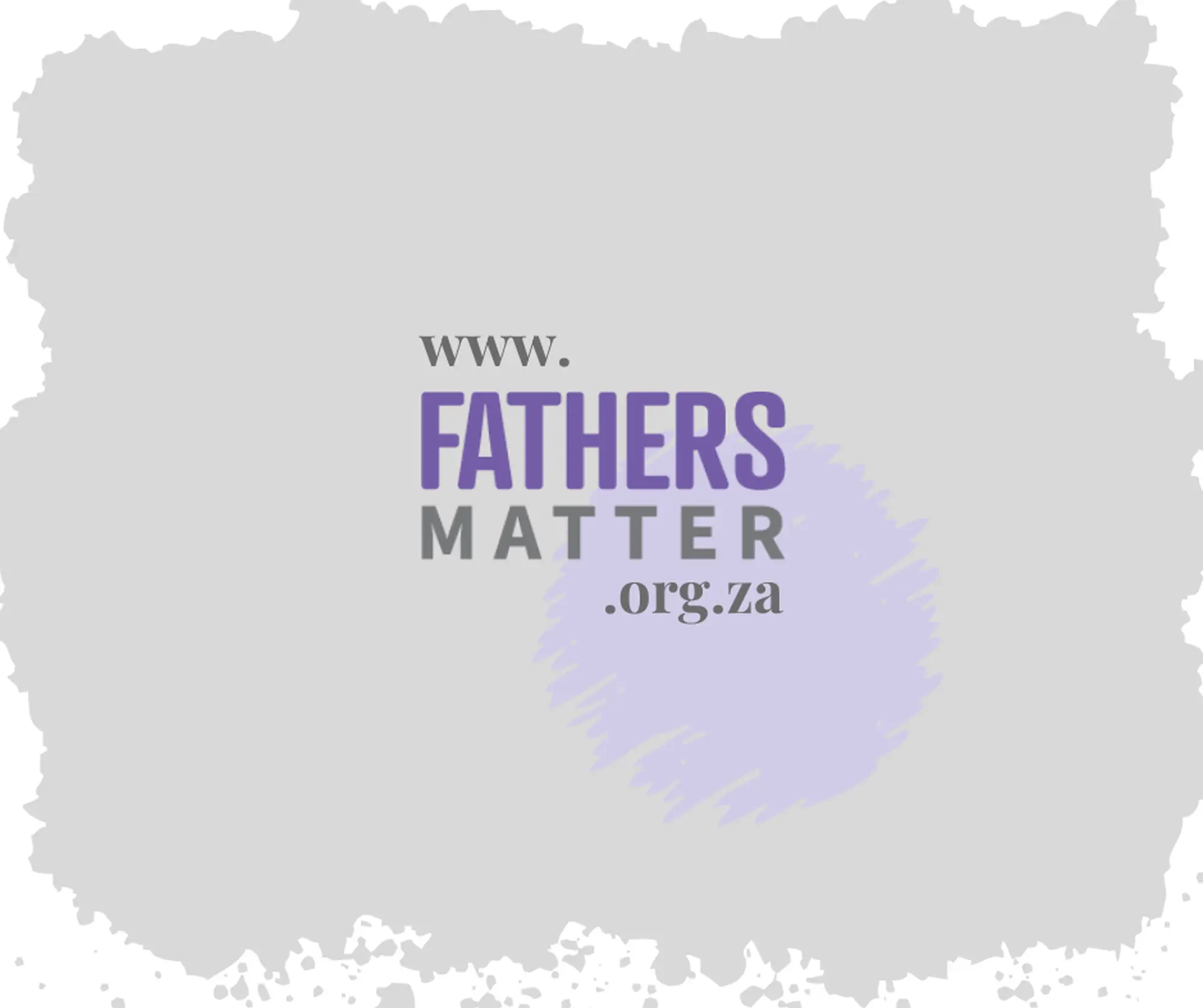Fathers Matter Children's Research Report
Amplifying children's unfiltered perspectives on fatherhood
In 2019, at the inception of the Fathers Matter programme, Heartlines conducted formative research to explore how adult men and women in South Africa perceived fathers and fatherhood. This foundational research informed the programme’s development, initially targeting an audience aged 18+. As a result, six films and additional resources on fatherhood were produced.
This research, which is a continuation of the research done in 2019, began in 2023, and focuses on young people aged 10 to 16. The research underpinning this report aims to capture children's voices and understand their perceptions, attitudes, and beliefs about fatherhood. Though Heartlines recognises the need for programming that addresses both younger and older age groups, the decision to focus on this cohort was intentional for several reasons:
- Pre-teen and early teen years are critical for developing knowledge, attitudes, and behaviours related to identities, relationships, and parenting.
- Most of this cohort is still in school, providing opportunities for communication, education, and life skills development to help break the cycle of father absence and its effects.
- There has been limited work with this age group, and there is a dearth of resources to foster healthier and more positive identities. This observation is supported by key informants from various organisations working with this demographic and by the findings of a related literature review.
“He is trying his best to give us a better life than himself...he sends us money for food...he is always there for us"
What the research shows
This research provides critical insights into children's perceptions of what constitutes a “good” and “bad” father, revealing complex intersections between social expectations, economic realities, and the perceived and lived experiences of children in South Africa.
The findings emphasise that children, regardless of race or socio-economic background, strongly associate a “good” father with his ability to provide for their basic needs and protect them against harm.
However, the research also reveals that children’s perceptions of a good father extend beyond financial provision to include emotional support, love, and active involvement in their lives.
In addition to their perception of fathers as providers, children in this study also emphasised the importance of fathers as protectors. Children believe that a key role of a father is to shield their families from danger within the home and, by extension, in the community. However, the paradox in this perception is that while fathers are ideally seen as protectors, many children witness or experience behaviour that contradicts this idealised notion of protection.
Children are replicating the negative behaviours they associate with fatherhood. This is evident in their involvement in substance abuse and acts of physical, verbal, and sexual violence, particularly in school settings.
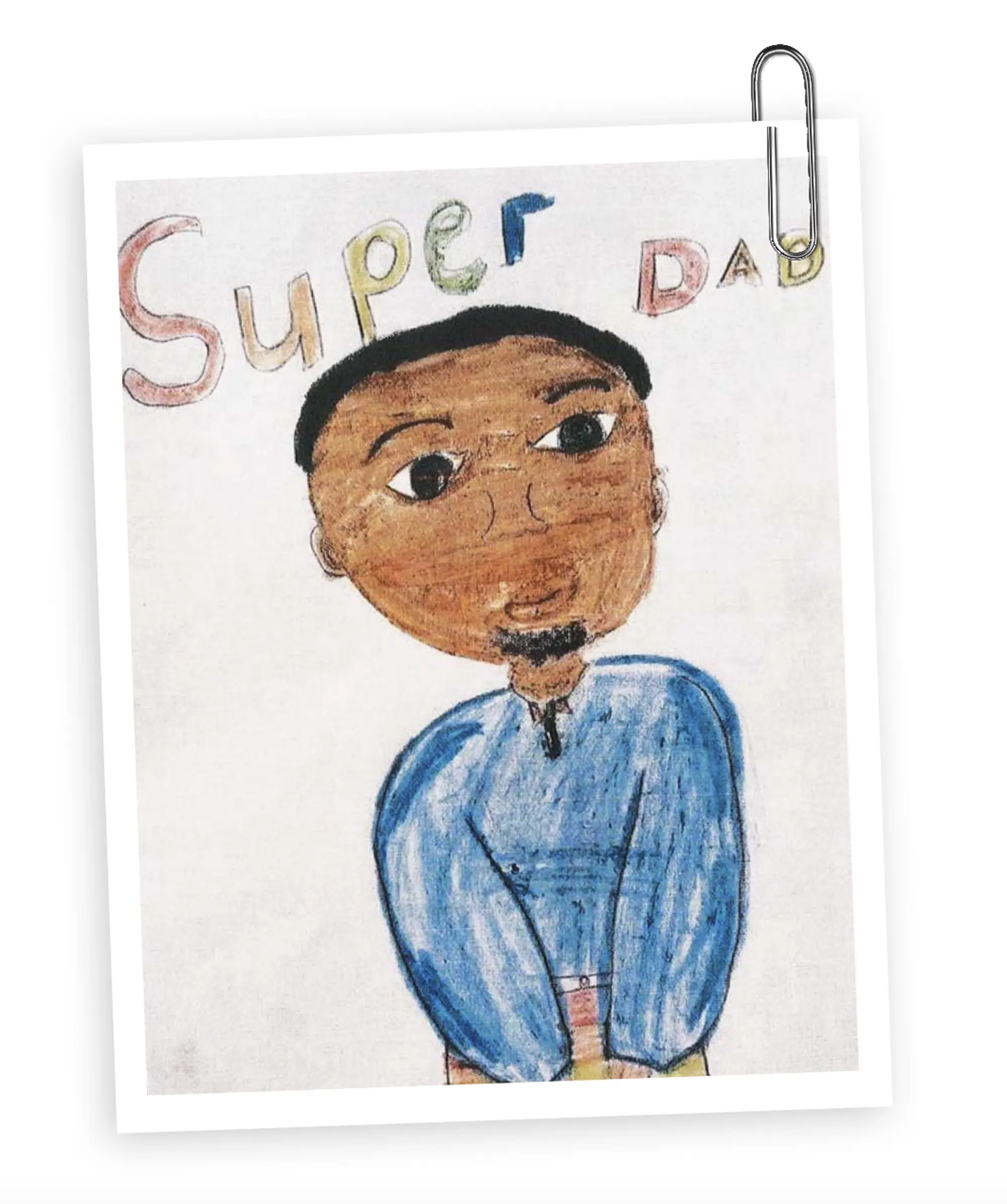
Some key themes from the research
These infographics depict some of the key insights from the report around children's perceptions of fatherhood and of themselves:
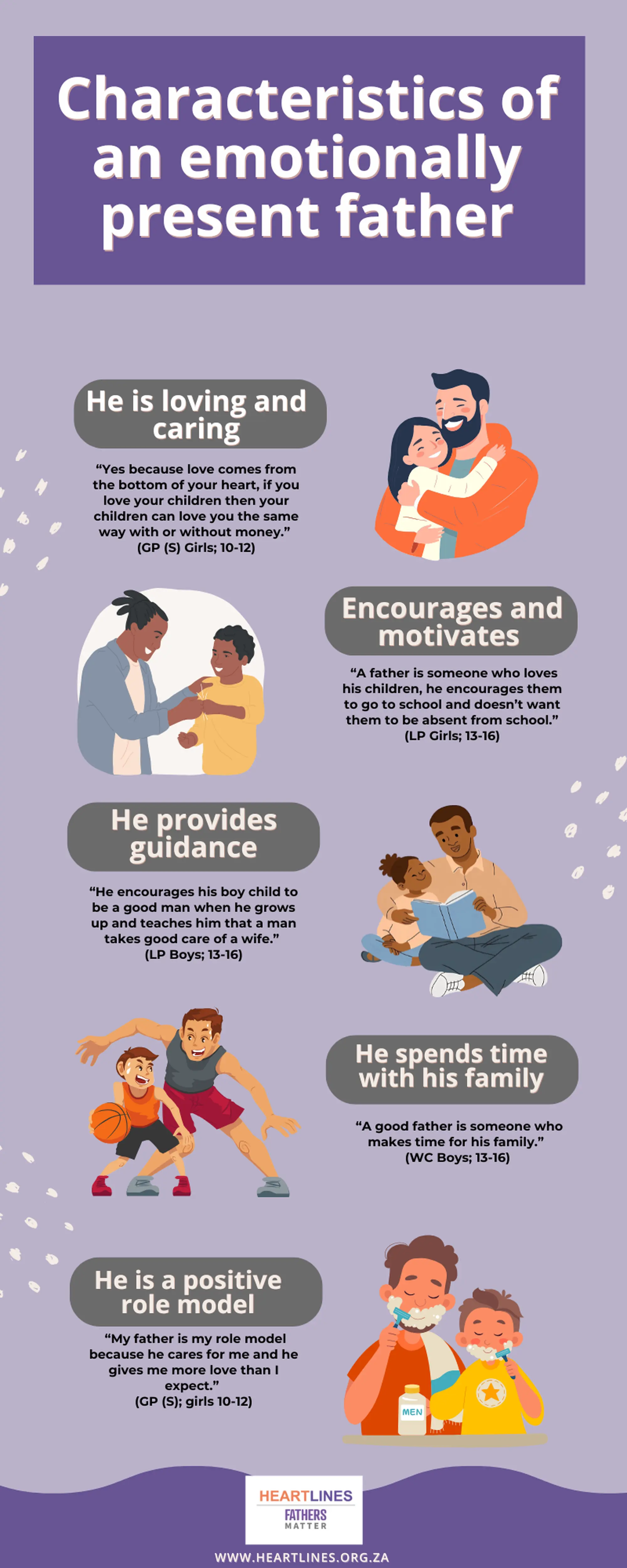
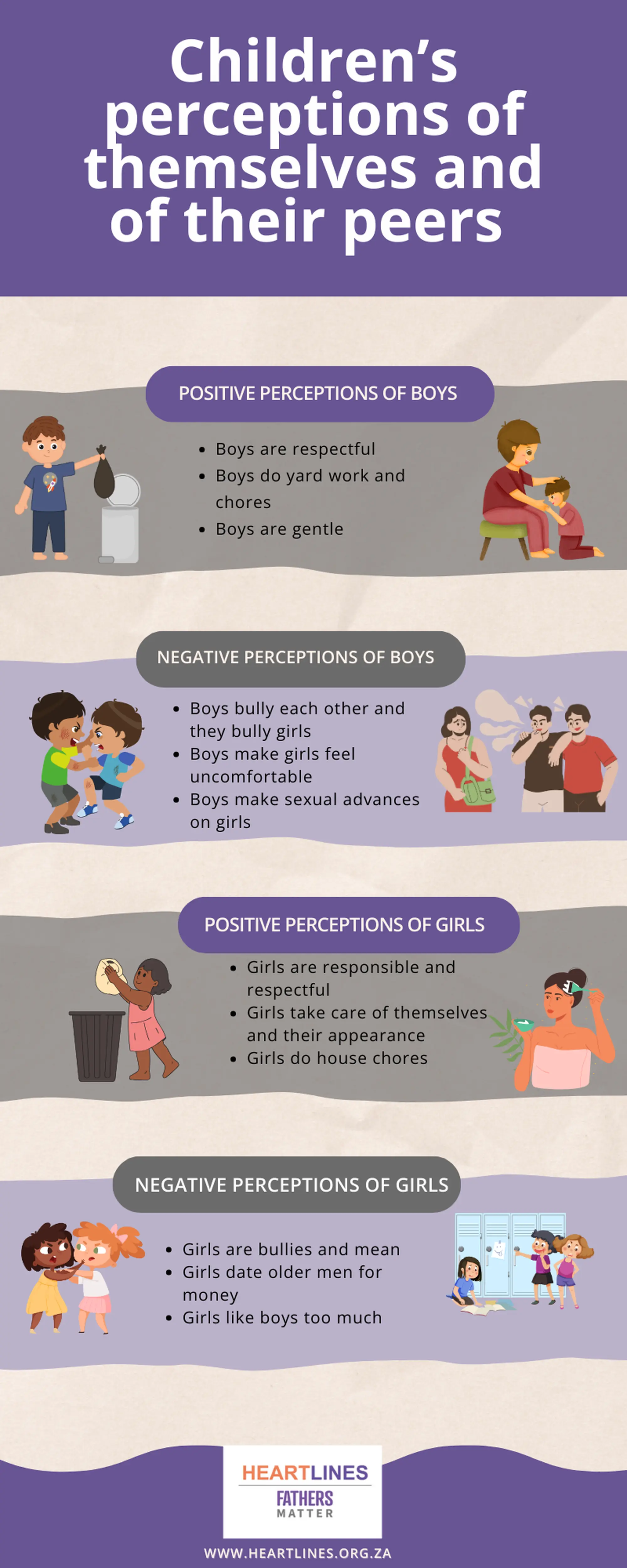
The research further explored children’s perceptions and understanding of their current and future gender roles and identities. Through their reflections and observations, boys and girls expressed distinct views on the identities of boys and girls, shaping their sense of identity and future expectations.
“I want to be involved in my child’s life and be there for him. I want to buy all the things that he will need and do for my child what my father did for me”
There are many children with so much anger, they do not get to experience love from home.

